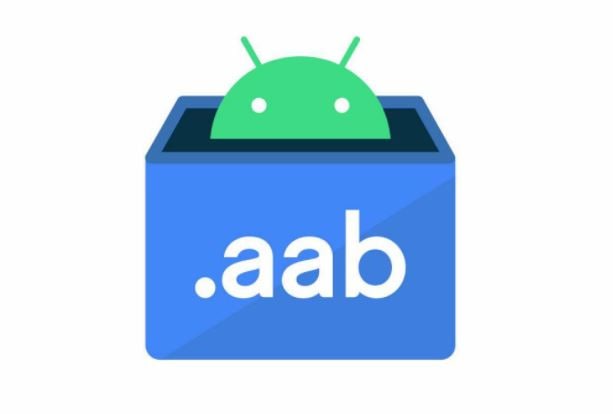Google Play app store is constantly evolving to meet the growing needs and requirements of Android users and developers. Many of these improvements rely on automated systems driven by artificial intelligence and machine learning, especially in filtering applications for malware or banned content. However, some improvements require developers to make changes to the way they write and publish applications. One of the most disruptive changes will come in August when Google Play Store will switch to App Bundles instead of APK as its standard package format. This change will not only affect developers but also Android users.
APK is short for the Android package and has long been the standard package format for Android applications and games. APK is more similar to Java’s JAR file (actually an extension of it), designed to bundle everything needed for an application to be installed on the device, from code to files such as images and sounds, some of which will be of different types and sizes. The equipment is available in different versions. However, with the development of the Android ecosystem, there are more and more things that need to be packaged in an APK to use.

However, APKs cannot adapt well to the growth of the Android system, and Google has to make workarounds for large applications, especially games that sometimes require several gigabytes of additional data. This workaround comes in the form of OBB and requires downloading even before you start playing games or using the application. These are the issues that Android App Bundles promise to solve.
Android App Bundles, which may be abbreviated as AAB, will change the way Android apps are packaged, and more importantly, will change the way they are delivered. One of the most direct differences is that an APK will no longer be needed to contain all the content of all types of Android devices, which means that the size of the package should be smaller and the download time should be faster. In fact, App Bundles requires that the size of the application should not exceed 150MB.
For applications that require more than 150MB, App Bundles introduces a new feature to replace OBB, called Play Asset Delivery (PAD). Using better data compression and dynamic delivery strategies, this PAD system promises to download non-code files faster, even when the game is already playing. Future updates can also be smaller, because PAD will not include all new files, but only the changes between files of different versions, that is, their deltas. Game file delivery also has security benefits because the files are stored and downloaded from Google Play instead of being hosted by some CDN arranged by the developer.
Another new feature enabled by Android App Bundles is Play Feature Delivery, which cannot be achieved by APK. It extends the concept of an application bundle to include only the parts of the application that are needed on a specific device but focuses on the features required to actually start using the application as soon as possible. The simple understanding is that it will allow users to use the application immediately after installing the application within a few seconds and postpone the download of other parts of the application until later.
Android users should not need to do anything to benefit from these changes, but app developers must do the heavy lifting. Fortunately, the Google App Store’s Android App Bundle requirements will take effect in August and only apply to new apps submitted to the Play Store. Of course, if developers want to improve the user experience, they can also voluntarily adopt App Bundles.
This sounds really good, at least for users, but it does have a subtle detail. All these features can only be used in the Google Play Store, which sounds like no problem, but it has an important impact on some Android developers. Unlike APKs, Android App Bundles cannot exist outside of the Google Play Store, nor can they be distributed outside of it. This means that developers who switch from APK to App Bundles can no longer provide the exact same package or experience on other application sources unless they choose to maintain a separate APK version. This naturally puts third-party app stores at a disadvantage, but Google is likely to promote the safety of the Play Store as the main reason to avoid using these sources.